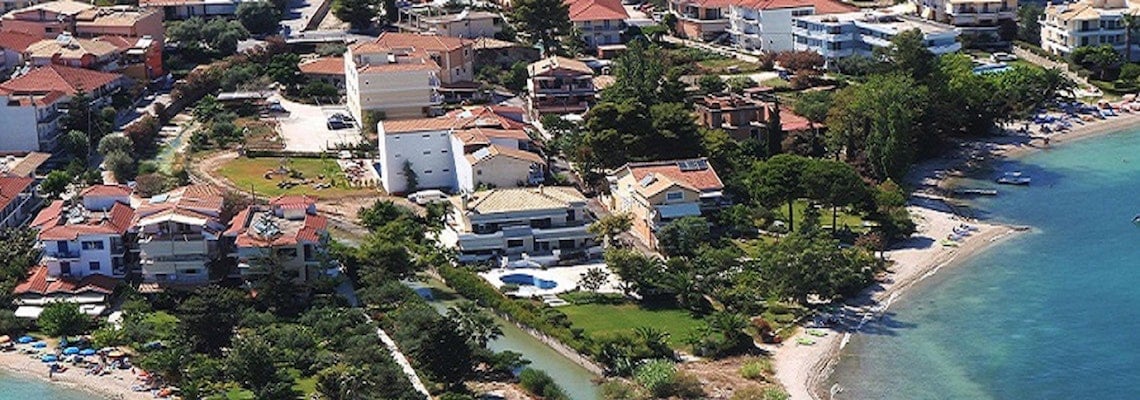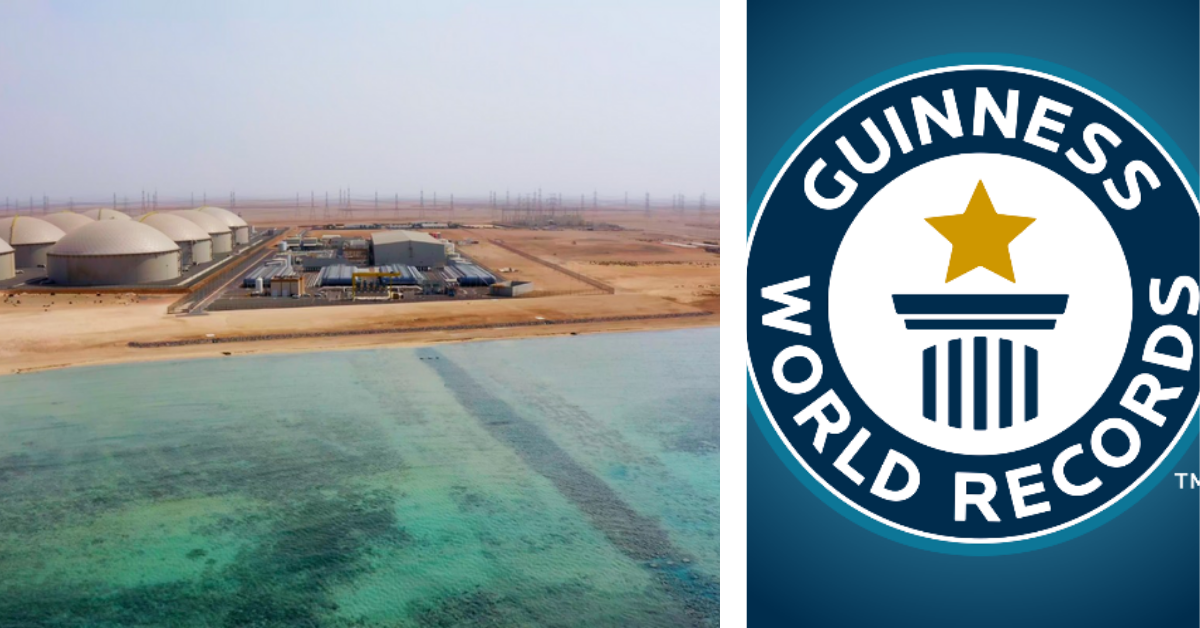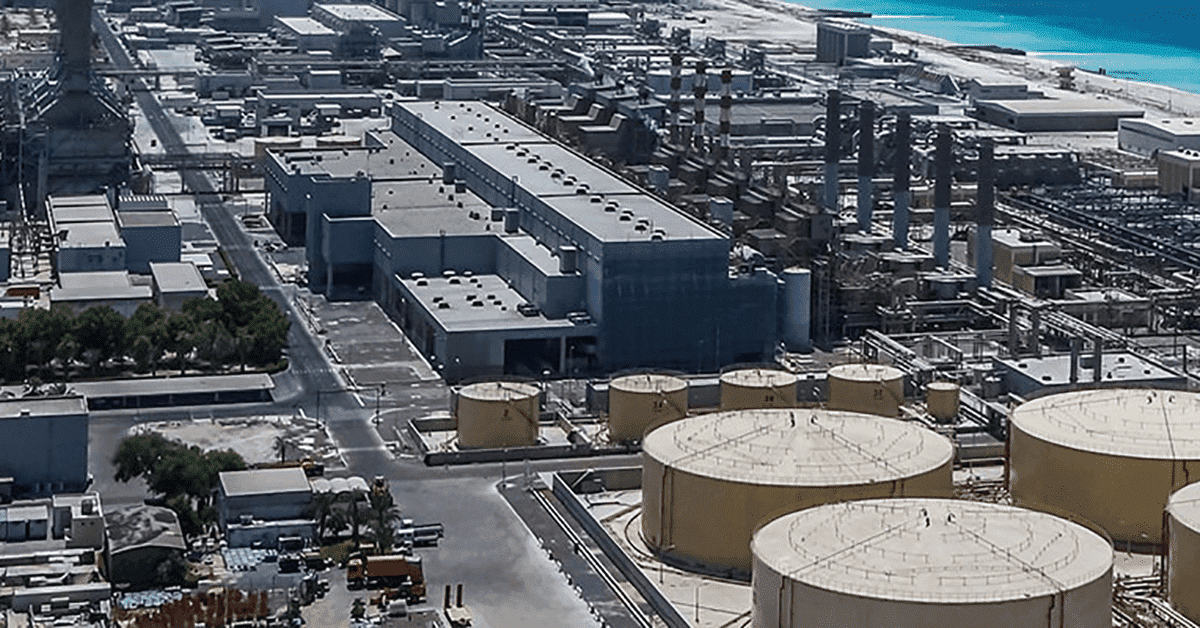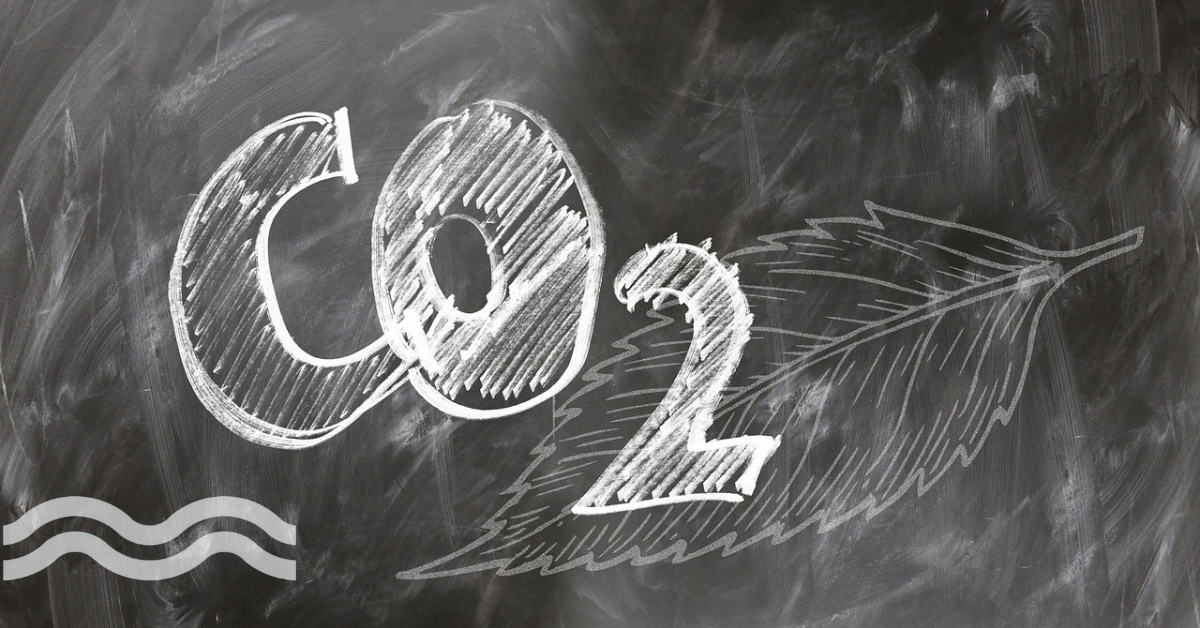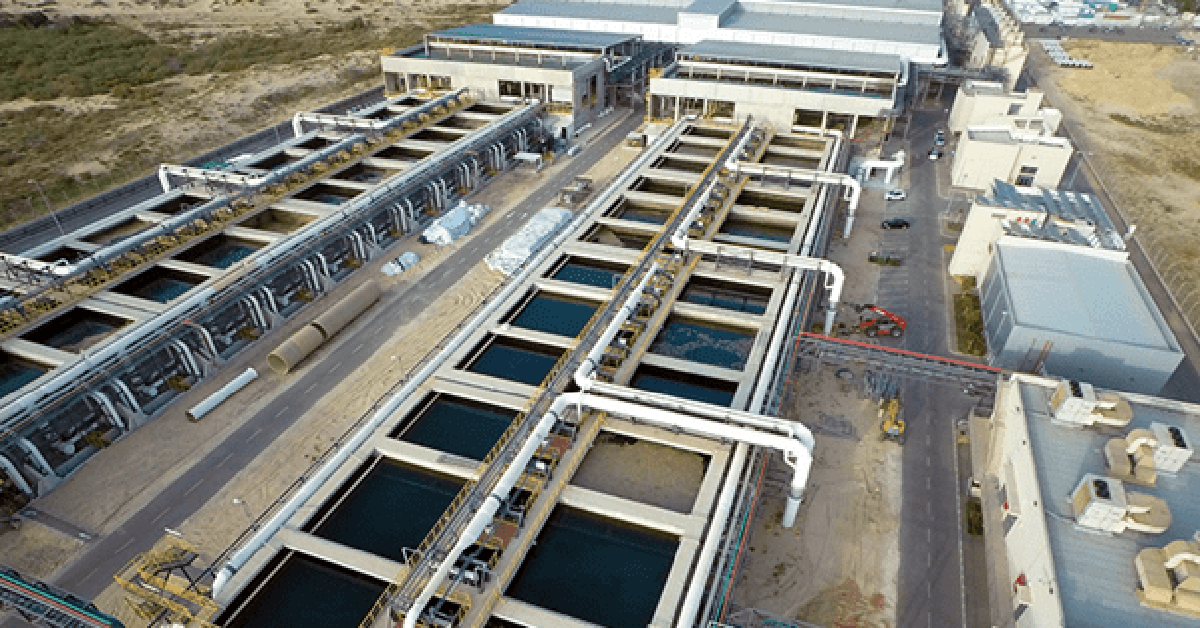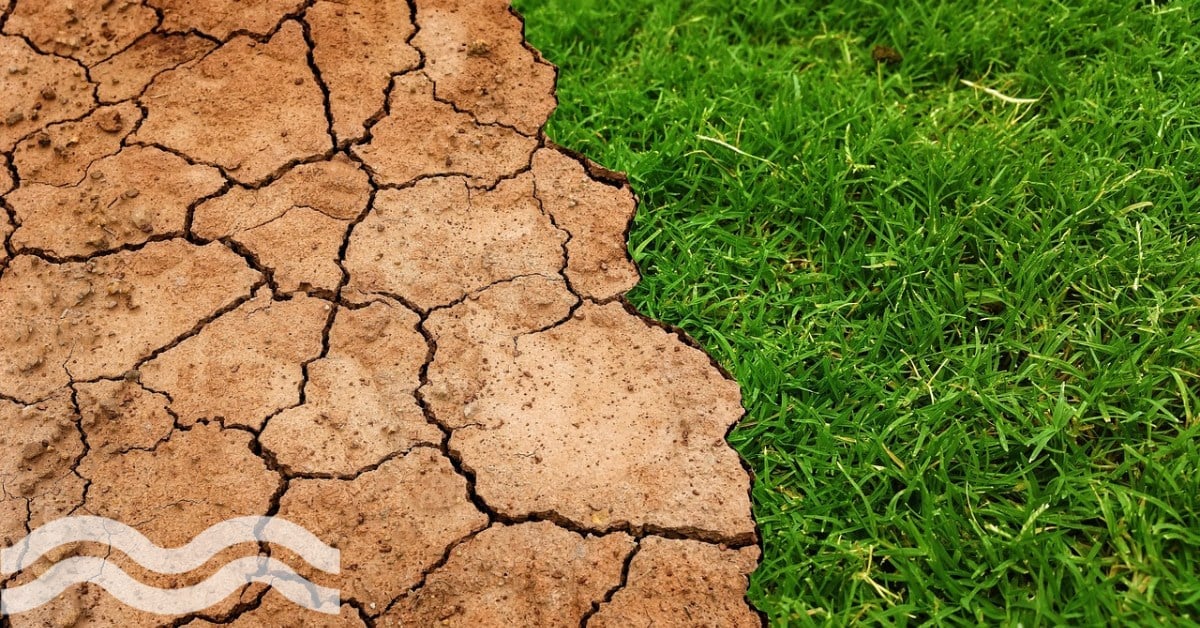Decentralised solar desalination to quench Greek islands’ thirst
ATHENS, Greece – Mainland Greece may have suffered its fair share of financial and political woes over the years yet water supply, through the damming of rivers and creating reservoirs, has remained consistent over the years.
Small desalination plants are going to achieve water autonomy across Greek islands
It is across the country’s 6000 islands, scattered in the Aegean and Ionian seas, where water provision has historically been a challenge and small scale, decentralised desalination is being expanded as an answer. Nektario Santorinio, vice minister and member of Parliament, Greece said “ensuring water autonomy” for Greek islands has become a priority for him. “Since becoming minister I’ve set out to stop the situation of islands not having access to water,” he said.
Speaking at the European Desalination Society (EDS) event – Desalination for the Environment: Clean Water and Energy – held in Athens, he told delegates: “Small desalination plant installations are ongoing to achieve complete water autonomy across our islands.”
“The political target of the ministry is firstly to achieve water autonomy in the Aegean islands and then the other areas with regards to the water issue. We need to stop the archaic situation of water transportation by boat, which was previously presented as a solution.”
Records show that even in the 1960s potable water was delivered by tanker from the mainland to the Syros Islands. And the cost of such water provision is increasing. In 2002 a total of 329,343 cubic metres of water was transported to the Cyclades islands, at a cost of €7.78/m3. By 2009 this had increased to 429,075 cubic metres at a cost of €8.32/m3.
“People are unaware of the challenges behind their vacations to Greece; namely electricity and water supply,” said Professor George Papadakis from the department of natural resources and agricultural engineering at the Agricultural University of Athens.
He added: “Water problems are nearly always connected to electricity problems. We face the challenge that existing water resources cannot meet increasing demand…solutions should be based on renewables, using solar systems independent from the grid.”
The University is currently undertaking the Fortissimo project to investigate how wind energy could be combined with desalination; the number of stages used and the various types of reverse osmosis membranes and battery storage.
“Battery cost is critical in determining the water cost and this is decreasing,” the professor added.
To date Greece has an estimated daily desalination installed capacity of around 200,000 m3/day, according to data from the International Renewable Energy Agency (IRENA) report: Renewable Desalination: Technology Options for Islands.
The Greek island of Mykonos built four reverse osmosis desalination plants from 1980 to 2008 with capacities ranging from 500 m3/day to 4500 m3/day.
However, this summer local reports emerged that the Greek island was verging on declaring a state of emergency to speed up the permitting and operation of two new desalination plants.
Small-scale water desalination has been seen as a solution on islands where a lack of basic infrastructure, from electrical grids and piped water supply, is a challenge.
Greek engineering company Temak presented a paper at the EDS event on the Strongili Island Project. Facing a lack of infrastructure, a military base on the island needed 4000 litres a day of water.
A containerised solar powered desalination unit was shipped to the island. Using photovoltaic panels and reverse osmosis membranes, the unit is designed to operate for five hours per day, generating 5 m3/day. Unlike other systems whereby a grid connection is used as a backup or during the night, this system incorporated batteries at a total system cost of €150,000 euros with an expected payback period of “less than four years”, according to company engineer Ziad Taraby.
Elsewhere, French engineering company Mascara Renewable Water has developed a similar process, trialled in Abu Dhabi. Powered by a 30 kWp PV plant, the company is now working on developments in Mauritius, Cape Verde, South Africa and Morocco.
Also speaking at the EDS event, Miguel Angel Sans, president of the International Desalination Association outlined the need for “decentralised and off-grid plants” and Abdullah Al Alshaikh, CEO of Albawani Water and Power Company added that the industry “must embrace the disruptive innovation that sustainability brings.”
Related content
Share your water technology stories with us
Do you have an innovation, research results or an other interesting topic you would like to share with the international water technology industry? The Aquatech website and social media channels are a great platform to showcase your stories!
Please contact our Sr Brand Marketing Manager Annelie Koomen.
Are you an Aquatech exhibitor?
Make sure you add your latest press releases to your Company Profile in the Exhibitor Portal for free exposure.
We promise never to send you spam and you can unsubscribe at any time!
